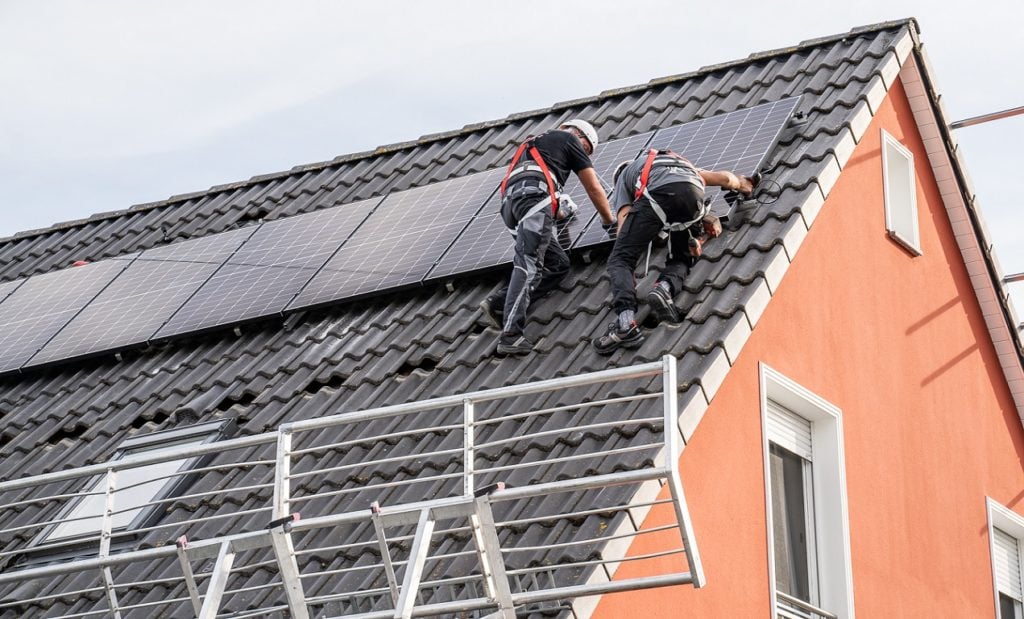
Europe’s solar power generation is expected to increase by 50TWh this year thanks to increased capacity installations on the continent with Germany leading the growth, according to research firm Rystad Energy.
This year, Europe’s power generation will grow to 2,740TWh, up from 2,687TWh in 2023. Solar will lead the growth, followed by wind (38TWh), nuclear (20TWh) and hydro (6TWh).
Unlock unlimited access for 12 whole months of distinctive global analysis
Photovoltaics International is now included.
- Regular insight and analysis of the industry’s biggest developments
- In-depth interviews with the industry’s leading figures
- Unlimited digital access to the PV Tech Power journal catalogue
- Unlimited digital access to the Photovoltaics International journal catalogue
- Access to more than 1,000 technical papers
- Discounts on Solar Media’s portfolio of events, in-person and virtual
On the contrary, power generation from fossil fuels will continue to decrease but at a much slower rate compared to 2023. The generation of power from fossil fuels will decrease by 60TWh due to a slight increase in overall power demand in Europe during the same period.
As solar is expected to continue leading the growth in terms of capacity and generation, coupled with more stable output from nuclear generation, Rystad Energy said there will be a further decline in fossil fuel demand for power.
“The demand for power in Europe is only growing slightly, we can conclude that Europe is fulfilling its electricity demand growth entirely with renewable sources. This indicates that the growth of renewable energy is more than sufficient to cover the growth in demand, which is why we are observing a decline in the use of fossil fuels,” said Vegard Wiik Vollset, head of renewables and power EMEA research at Rystad Energy.
The growth of solar power generation will be mainly driven by Germany as it installed 14GWdc of solar capacity. The German Solar Industry Association (BSW) said Germany’s solar additions last year had increased by around 85% year-on-year, as German developers added around 7.5GW of solar capacity in 2022.
Around half (7GW) of the newly installed solar power capacity in 2023 was from the residential segment, increasing by 135% year-on-year. Ground-level solar parks accounted for 31% (around 4.3GW) of the newly installed solar power capacity, increasing by 40% year-on-year. Developers also added around 2.5GW of commercial rooftop solar capacity, up by 75% year-on-year.
Last year, Germany shifted its role as a major electricity exporter to a net importer due to the closure of nuclear power plants, low solar energy generation, cheaper electricity available from other markets and the decrease in coal generation.







